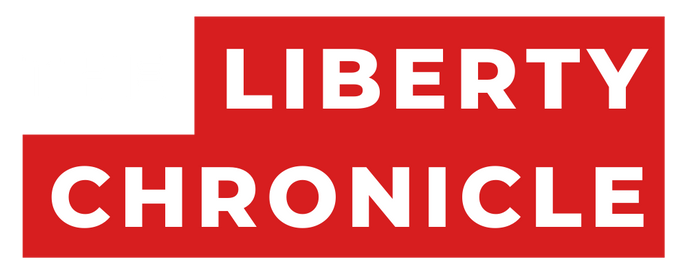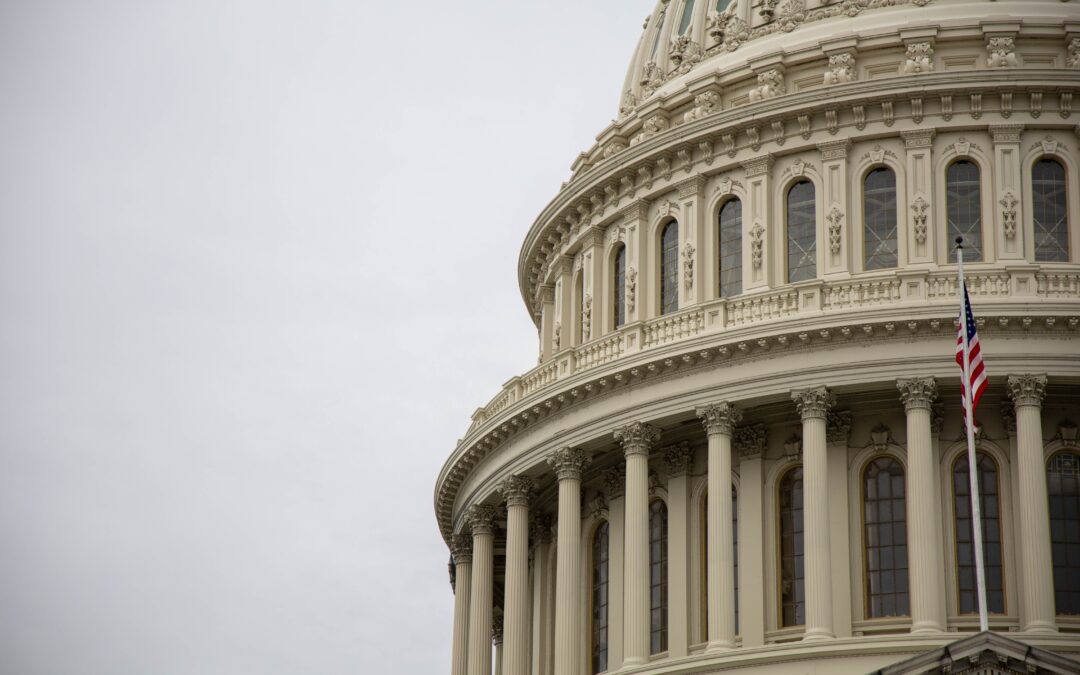“State sanctioned make believe” is a phrase used to describe a situation in which a government or authority accepts a false or created belief system or narrative. This can show itself in a variety of ways, including propaganda, censorship, and the suppression of information that contradicts the official narrative.
The employment of “state-sanctioned make believe” can have grave repercussions for persons and society as a whole. When a government promotes a false narrative, it can undermine public confidence in institutions and result in a collapse of social cohesiveness. If scientific or empirical evidence contradicts the official narrative, citizens may feel confused or disillusioned with the political process and even come to disregard scientific or empirical evidence.
During the Cold War, the Soviet Union promoted Marxist ideology, which is a well-known instance of “state-sanctioned fiction.” The government-controlled media and education system propagated Marxist views and suppressed opposing perspectives, resulting in widespread ignorance and disenchantment among the populace. In a similar manner, the North Korean government tightly controls all kinds of media and promotes a false narrative of the country’s power and prosperity, despite severe poverty and human rights violations.
In some circumstances, authoritarian or repressive actions may be justified by state sanctioned make believe. In China, for example, the government has promoted a narrative of national unity and stability to justify its crackdown on political dissidents and ethnic minorities. This narrative presents dissent as a threat to the sovereignty of the nation and justifies the use of force to suppress it.
Despite the potential harmful effects of “state sanctioned make believe,” it is not always simple for citizens to contest the official narrative. In some instances, the government may utilize censorship or propaganda to stifle dissenting opinions, making it harder for residents to get accurate information. In other instances, residents may be too terrified to criticize the government for fear of reprisal or punishment.
In conclusion, “state-sanctioned make believe” refers to a situation in where a government promotes a false or created narrative, frequently through the use of propaganda or censorship to stifle alternative opinions. This can have severe repercussions for persons and society as a whole, including the erosion of faith in institutions and the disintegration of social cohesion. Citizens should remain cautious against “state sanctioned make believe” and speak out against it whenever possible.

